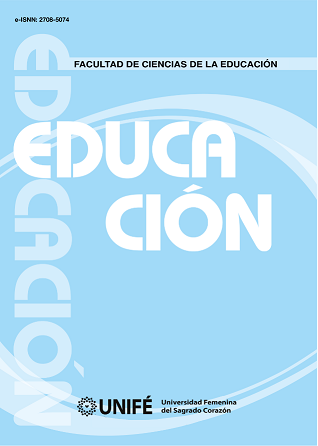Tres modelos educativos presentes en las sociedades actuales y los sistemas evaluativos
DOI:
https://doi.org/10.33539/educacion.2011.n17.1445Keywords:
Education, education, model, evaluation, democracy, society.Abstract
This article presents three educational models which are in competence in current societies, to show evaluative criteria of every one. The author indicates that the three models are: a) Aristocratic model, b) Neo Liberal model and c) Democratic model. The Aristocratic model is developed according to aristocratic elites which manage many societies and has a slogan of prívate "Values-based Education". The Neo liberal model is managed by economic elites and has the mission to perpetuate the economic system and made of the learners functional persons to the market. lt is an education far profit which conceives itas a bus ine ss. Finally the Democratic model has the objective to train citizens with reflexive and critica! attitude far what it is important a whole education of the person with scientific and technical aspects and humanities and arts. Evaluative criteria far every model are presented and the danger in which democratic societies and free citizens, the Democratic model is checked bythe force ofthe othertwo models .



